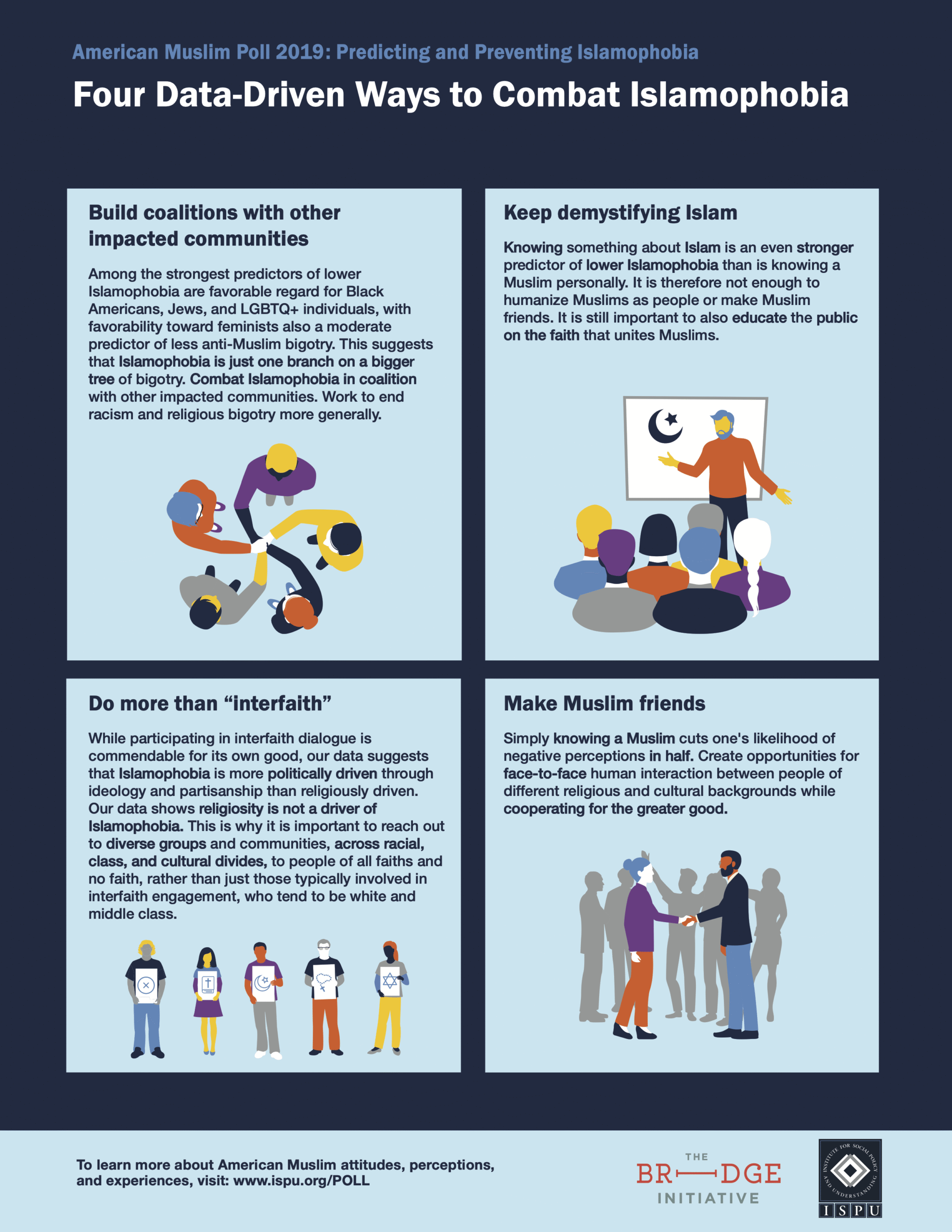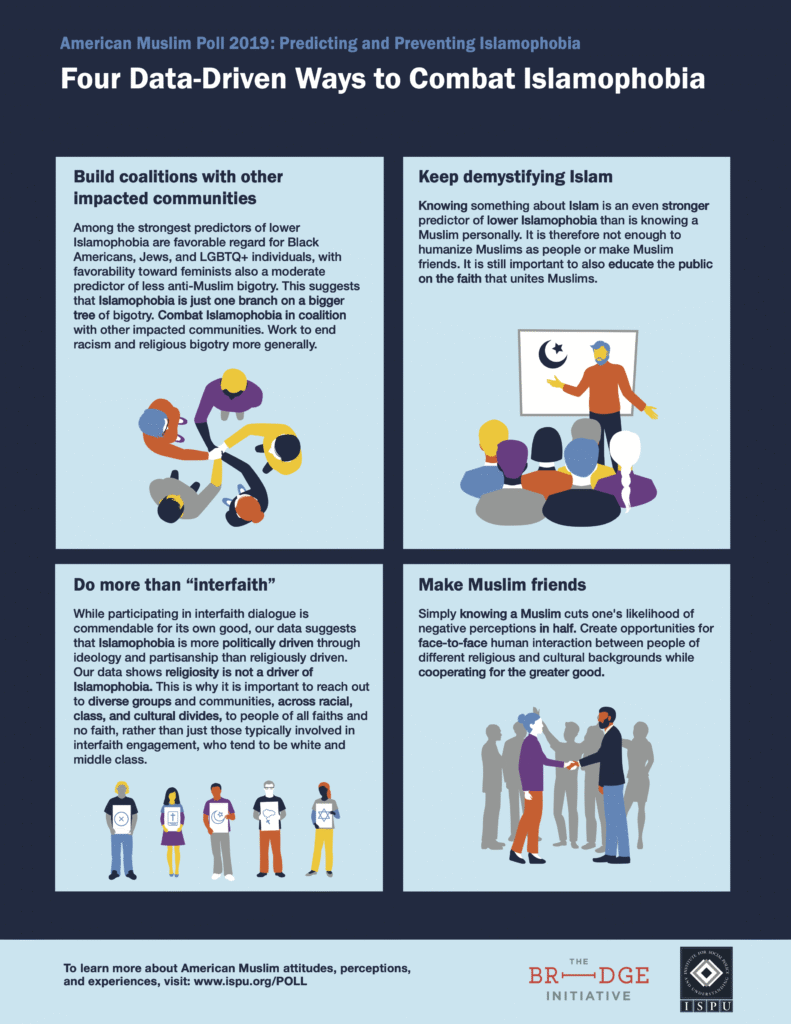Physical Address
304 North Cardinal St.
Dorchester Center, MA 02124
Physical Address
304 North Cardinal St.
Dorchester Center, MA 02124

Why Muslims Face Islamophobia: Statistics, Media, and Reality, Do you ever feel like there’s something wrong in the world? It feels like there are segments of society that are constantly mistreated, stigmatized, and even hated just because of their faith. That’s the harsh reality that many Muslims face in different parts of the world: Islamophobia. But why does this happen? Why do Muslims have to face Islamophobia? The answer, unfortunately, is complex and multi-faceted. It’s not just a matter of one or two factors, but a complex mix of history, politics, media and misguided public perception.

Islamophobia is not just a dislike of Islam or Muslims. It is much deeper and more dangerous. It is a systematic form of prejudice, discrimination and even hatred towards Islam and its followers. It is often characterized by negative stereotypes, over-generalizations, and misrepresentations of Muslims. Imagine, as if all Muslims are synonymous with terrorism, or are always considered a threat to security. This is clearly unfair and untrue, right?
We can’t just rely on feelings. We need data and facts to prove how bad Islamophobia is. Unfortunately, many statistics show alarming numbers. In many countries, Muslims are often the target of verbal, physical attacks and even murder. Discrimination also occurs in various aspects of life, from employment, education, to housing. The number of Islamophobic incidents, although difficult to measure precisely because many go unreported, shows an alarming trend. Data from various human rights organizations and academic research consistently show an increase in post-9/11 cases of Islamophobia and terrorist incidents attributed to groups claiming to act in the name of Islam. These numbers are clear evidence that Islamophobia is not just a minor issue that we can ignore.
The media, both print and digital media, play a huge role in shaping public perception. Unfortunately, media coverage of Islam and Muslims is often biased and negative. Often, news that highlights the extreme actions of a small minority of groups acting in the name of Islam is given excessive attention, while the positive actions and positive contributions of the Muslim community are ignored. This creates a false narrative and reinforces negative stereotypes about Muslims in the eyes of the general public. Imagine, if we are constantly only exposed to negative news about a group, we will automatically form a negative perception of that group, without knowing the real context and reality. This is an example of how biased media coverage can exacerbate Islamophobia.
Political and historical factors also play an important role in fueling and exacerbating Islamophobia. Geopolitical conflicts involving Muslim-majority countries, as well as the history of colonialism and foreign intervention in the Muslim world, are often used as justifications to justify anti-Islamic sentiments. The use of the “clash of civilizations” narrative popularized by some figures also muddies the waters and reinforces the perception of an inevitable conflict between the West and the Islamic world. This all creates a fertile climate for Islamophobia to flourish.
Overcoming Islamophobia requires a joint effort from all parties. The government needs to make policies that protect the rights of Muslims and crack down on discrimination. The media needs to be responsible in covering news about Islam and Muslims in an accurate and balanced manner. The general public needs to be educated to understand Islam better and fight negative stereotypes. Most importantly, we all need to respect and appreciate differences, and build interfaith dialog to strengthen unity.
In conclusion, Islamophobia is a complex problem caused by a variety of factors, ranging from history and politics to the role of biased media. The alarming statistics of discrimination show how important it is for us to come together to fight Islamophobia. It is not just the responsibility of governments or certain institutions, but the responsibility of all of us as global citizens to create an inclusive and fair environment for everyone, regardless of their religion or beliefs.